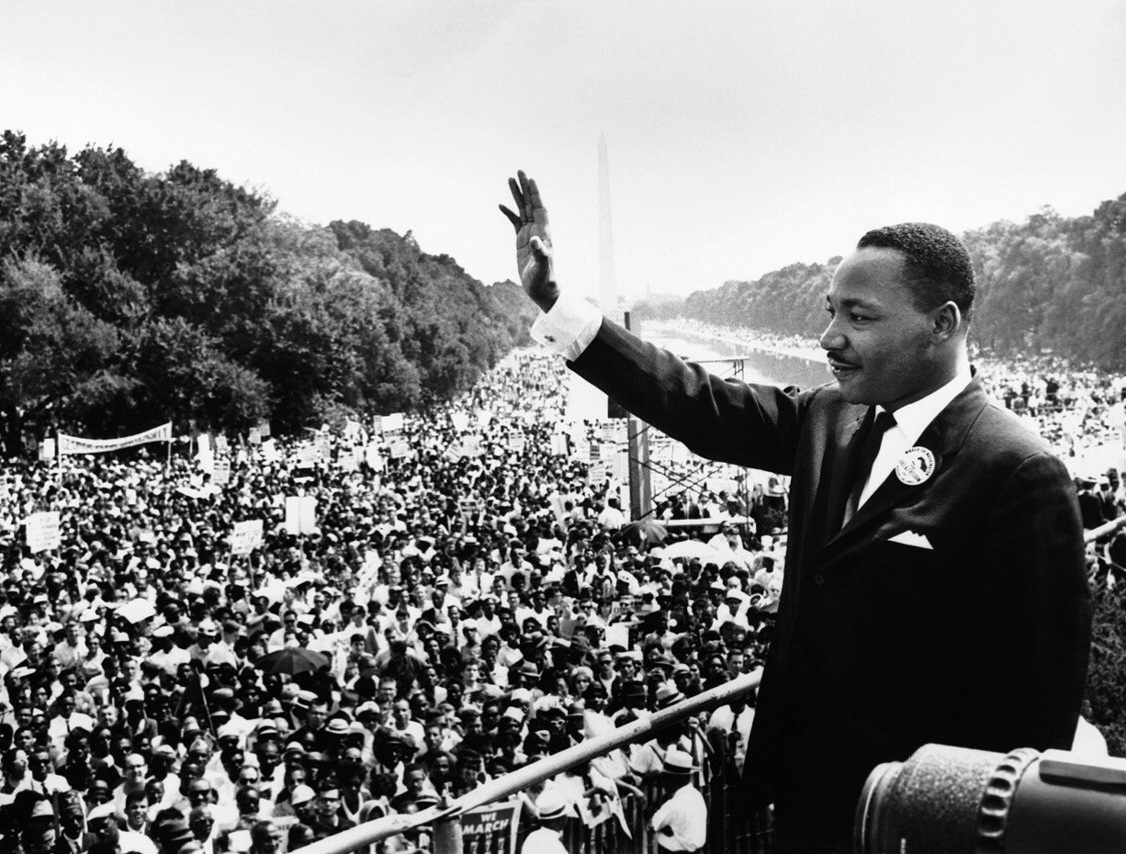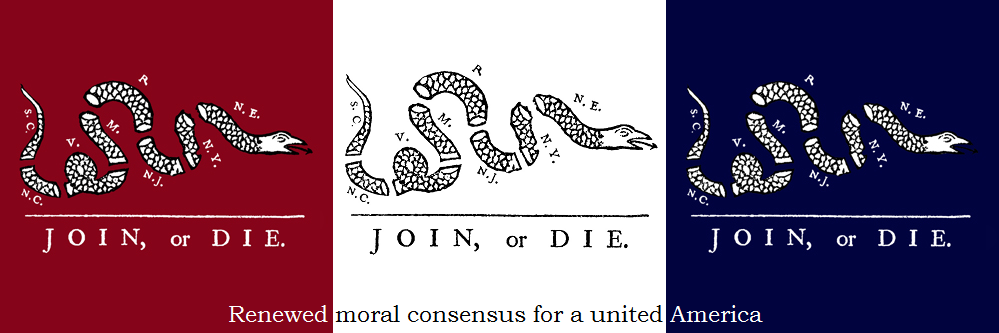
Jeff Blehar asks the question of our time:
Why is Sen. Ben Sasse the only politician in America who even attempts to communicate to voters this way?
“This way” as in this way:
10. Bizarrely, many on the center-left seem not to see that there is little that some on the President’s team would love more than to transform this into a fight about historical monuments.
11. I wish more folks understood how many of the monuments now being debated are not really from the post-Civil War period as a way to remember war dead. Rather, contrary to popular understanding, many of these statues were explicitly erected as Segregation Monuments in the twentieth century, during Jim Crow…
12. But I’m also against mobs tearing down the statues, or city governments removing them in the middle of the night…
13. Every single place I’ve been this week, I’ve gotten a question like this:
**”Washington and Jefferson owned slaves; do we have to tear down their statues too?”
**”Explorer X didn’t treat native Americans the way he should have; do we abandon states west of the Appalachian Trail?”
**”Even Tom Osborne isn’t a saint; must we tear down the statute outside Lincoln’s Memorial Stadium?”
The people asking these questions (over and over and over) are not racist. Rather they’re perplexed by the elite indifference to their fair questions…
That’s a small sample of a very impressive essay.
When MLK was murdered, RFK heard the news just as he was about to step on stage and address a mostly black audience. His advisors urged him to cancel. Instead he stepped out onto the stage and extemporaneously gave a moving speech about how the forces of love and justice would ultimately prevail – a speech so powerful it’s still remembered. Off the top of his head he quoted Aeschylus.
That is the job we hire political leaders to do. The absence of leaders who can and will do this job is why our crisis is so out of control.



